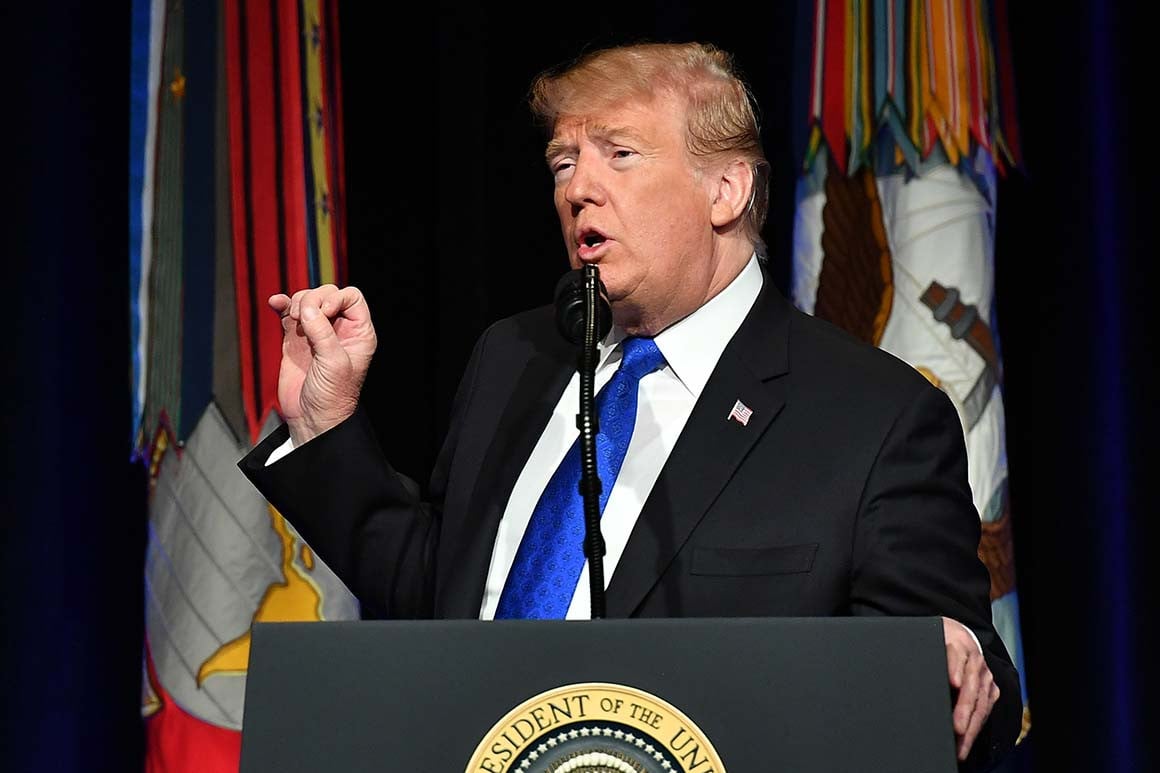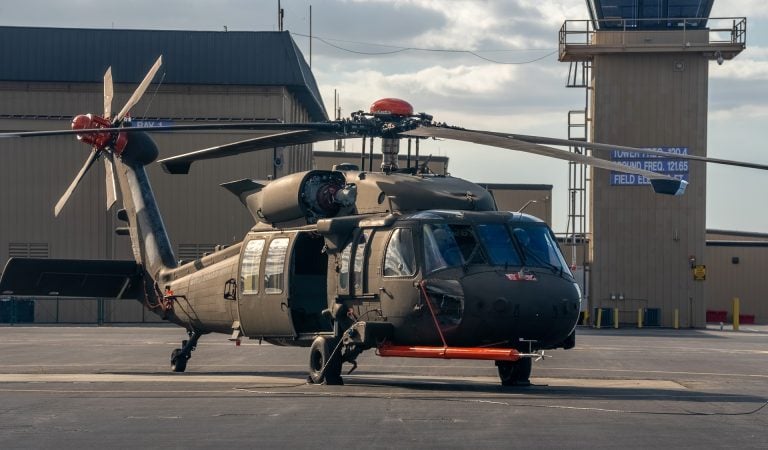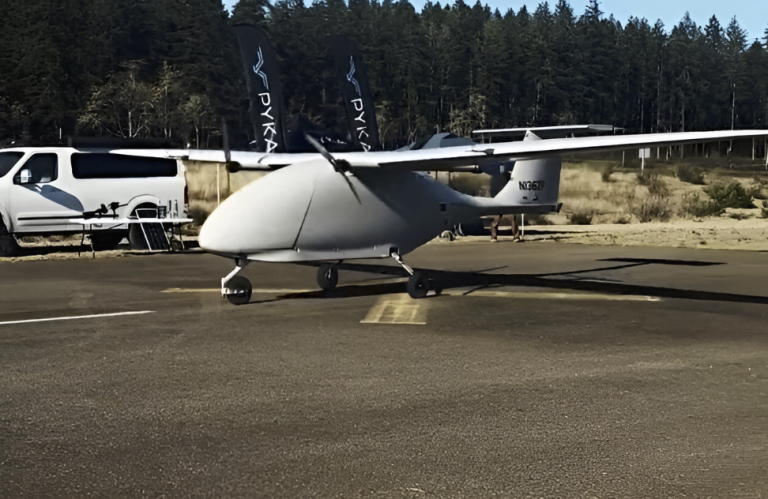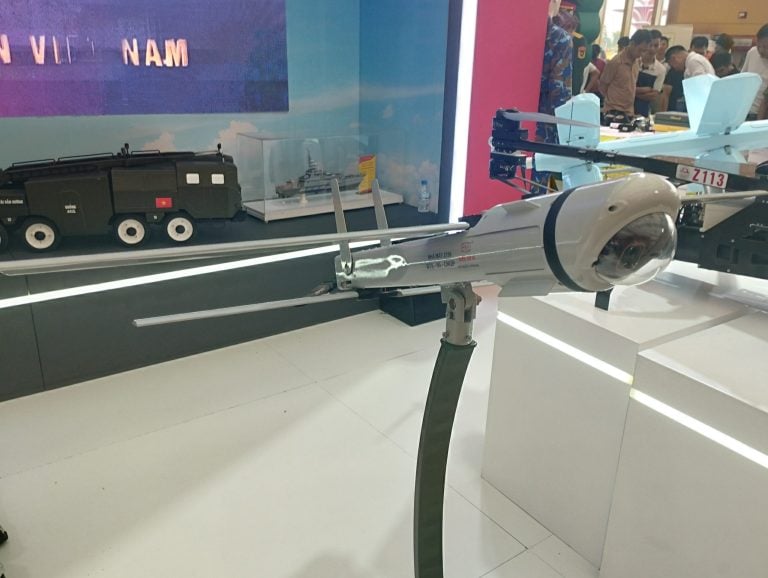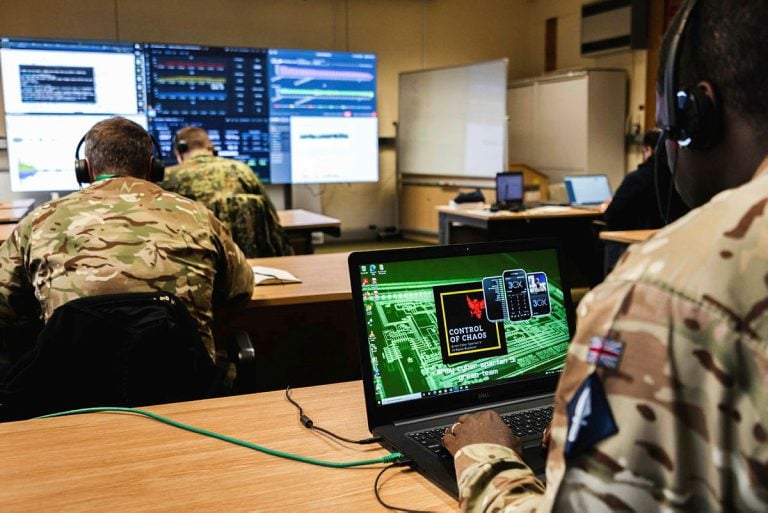President Donald Trump has authorized the deployment of troops to Portland, Oregon, as part of a broader effort to bolster a mass immigration crackdown. This decision marks a continuation of the administration’s controversial use of military forces domestically, previously seen in cities like Los Angeles and Washington DC, where local Democratic leadership has expressed discontent with such federal interventions.
The directive comes in response to growing tensions surrounding protests in Portland, which have persisted for months. Trump’s announcement follows a series of violent incidents that he and his supporters attribute to a “domestic terrorist” network of left-wing activists, claiming a need for military presence to restore order.
In a post on his Truth Social platform, Trump stated, “At the request of Secretary of Homeland Security, Kristi Noem, I am directing Secretary of War, Pete Hegseth, to provide all necessary Troops to protect war-ravaged Portland, and any of our ICE Facilities under siege from attack by Antifa and other domestic terrorists.” The language indicates a focus on securing ICE facilities, a key agency in the Trump administration’s mass deportation efforts.
The specifics of the troop deployment are not entirely clear; it remains uncertain whether the military’s assistance will be exclusive to Portland or extended to ICE facilities nationwide. Trump’s comments included an authorization for “Full Force, if necessary,” which raised further questions about the potential scale and impact of military involvement.
In response, local officials have voiced strong opposition. Oregon Governor Tina Kotek noted her conversation with Trump, where he failed to provide detailed information on the troop deployment or a timeline. “There is no insurrection, there is no threat to national security, and there is no need for military troops in our own major city,” she asserted. Similarly, Portland Mayor Keith Wilson condemned the deployment as “unwanted, unneeded and un-American,” emphasizing that the presence of military troops would not benefit the city.
The potential for renewed unrest looms large, reminiscent of the violent clashes that characterized the summer of 2020 amid racial justice protests triggered by the police killing of George Floyd. Senator Ron Wyden of Oregon characterized the troop authorization as an “authoritarian takeover of Portland” and urged citizens to reject what he views as an attempt to incite conflict.
The context for Trump’s latest actions includes a recent deadly shooting incident at an ICE facility in Texas, further stoking fears of violence connected to federal immigration enforcement efforts. The tragic event involved the death of one detainee and severe injuries to two others, which officials have linked to a gunman targeting ICE agents.
As tensions escalate, Trump has intensified his rhetoric against perceived threats from left-wing groups. He announced his intention to label “Antifa” as a “domestic terrorist group,” raising concerns among critics about the potential for cracking down on dissent under the guise of national security. Additionally, he tasked the FBI with investigating organized political violence, pointing fingers at figures like billionaire George Soros, frequently mentioned in right-wing conspiracy discussions.
Meanwhile, Attorney General Pam Bondi has ordered federal agents to reinforce ICE facilities across the nation, asserting a zero-tolerance policy against any acts of aggression towards federal officers, warning that violators will face imprisonment.
As the situation develops, the implications of deploying military forces in a civilian context raise significant questions about governance, civil liberties, and the dynamics of power between federal and local authorities.
